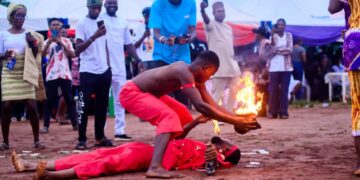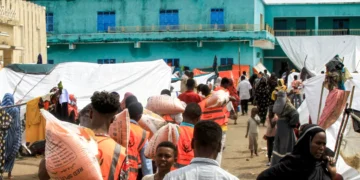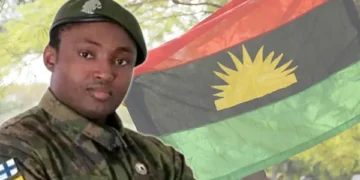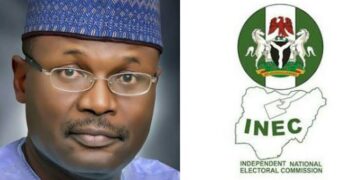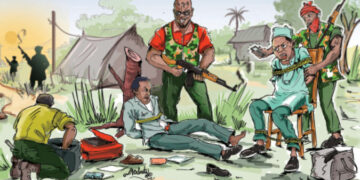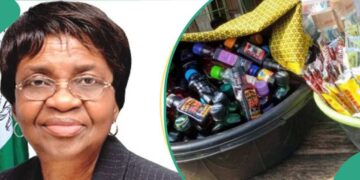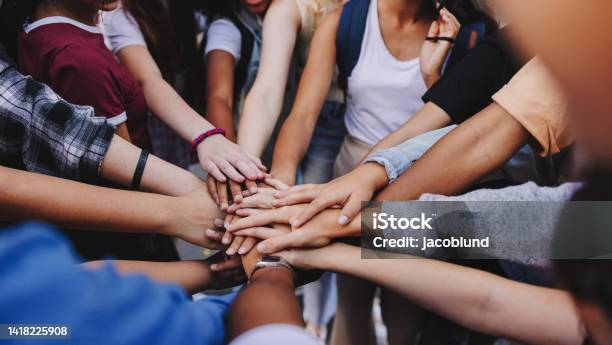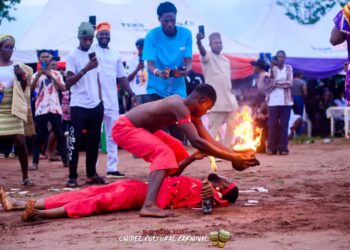Akara and pap was the breakfast served every morning in a hostel of 100 people.
Out of the 100, 80 didn’t like it. They complained daily, saying they were tired and wanted something different.
But the remaining 20 were satisfied. They liked it just as it was.
To solve the issue, the warden introduced a simple rule: every night, everyone would vote for what they wanted to eat the next morning. The meal with the highest number of votes would be served.
So every night, the 20 who loved akara and pap voted for it—with one voice.
But the 80 who didn’t like it? They were never united. Their votes went in different directions:
18 for tea and bread
16 for yam and egg sauce
14 for jollof rice
12 for spaghetti
10 for indomie
10 for moi moi and pap
Guess what the result was every single time?
Akara and pap kept winning.
Not because it was the best, but because the people who didn’t want it were too divided to agree on anything else.
In Nigeria, many are tired of the same old hardship, bad governance, and recycled leadership.
We know who and what the real problems are.
But even those who want change are divided—along tribal lines, party names, personal interest, ego, and ambition.
2027 might seem far, but it’s already around the corner.
If we don’t learn from this story, we may wake up again to another bitter round of the same “meal” we’ve been served for years.
The World Bank has already projected that poverty in Nigeria will keep rising until 2027.
That’s not just a statistic—that’s a warning.
And the sad truth is this: if we miss 2027, it may only get worse.
This is a salient message.
THERE’S POWER IN UNITY, NOT JUST IN NUMBERS.
A united minority is more formidable than a divided majority. Think about it.


